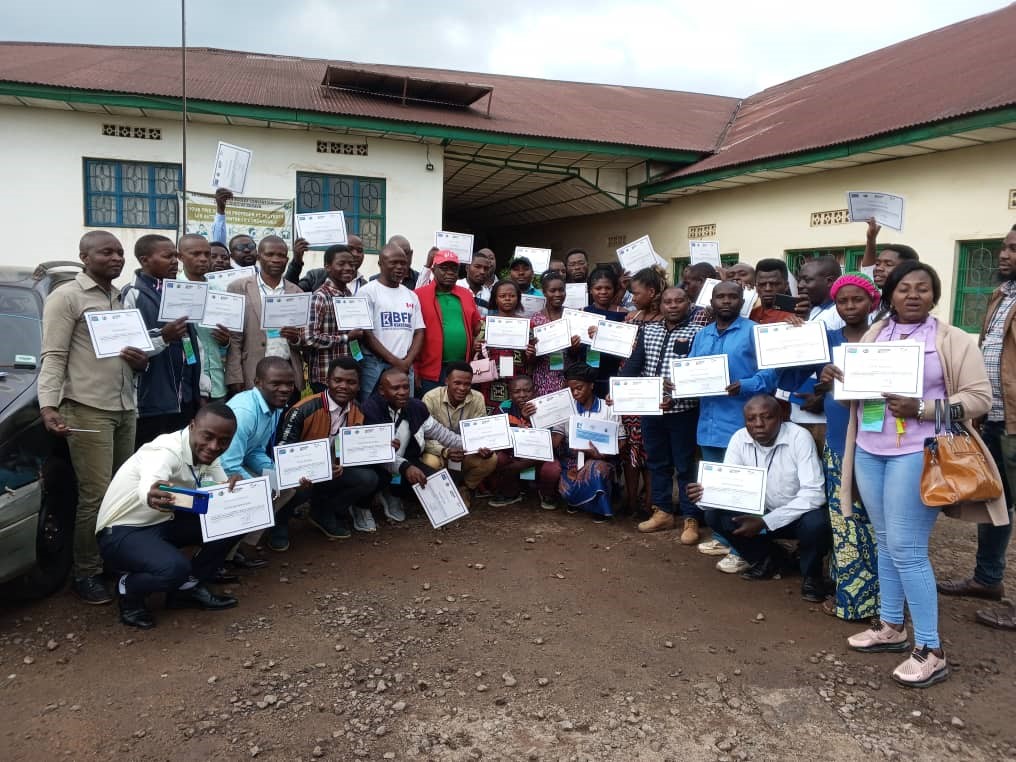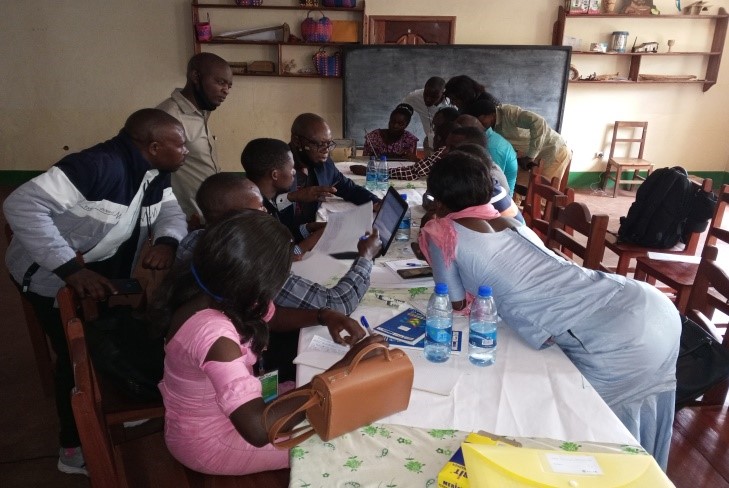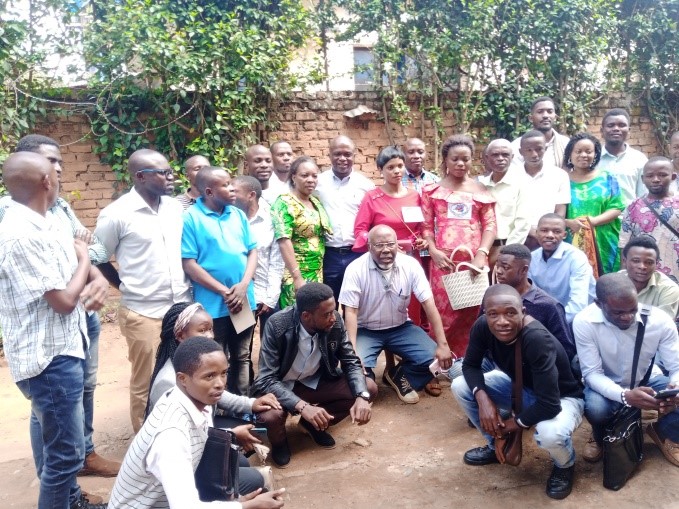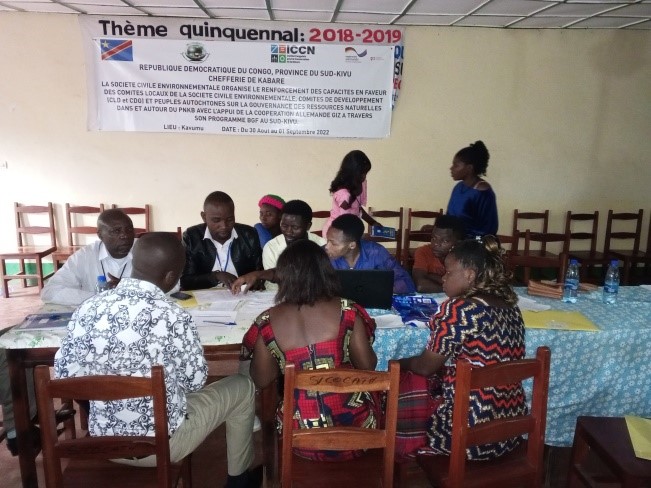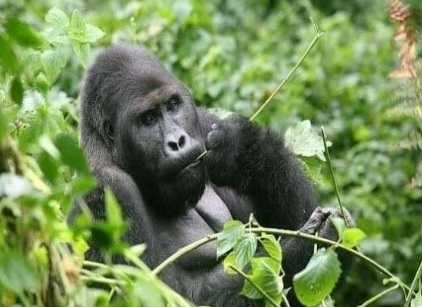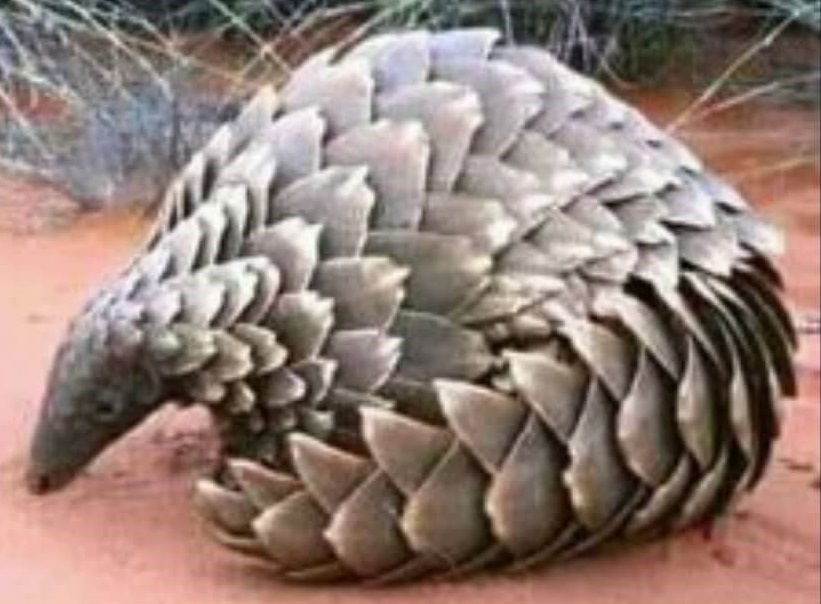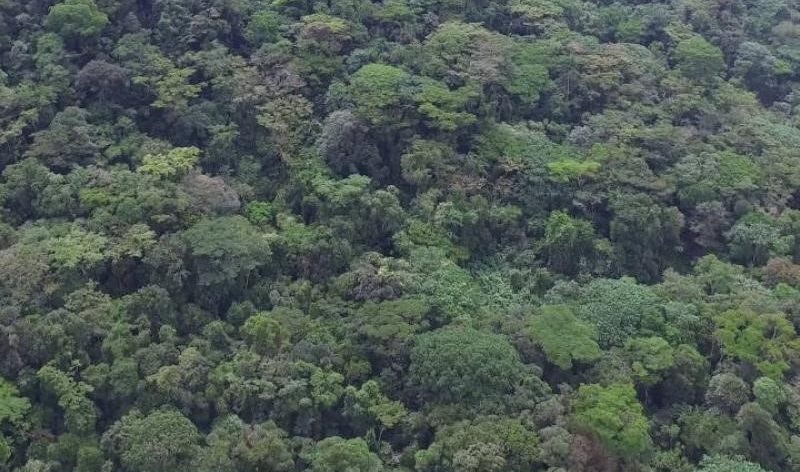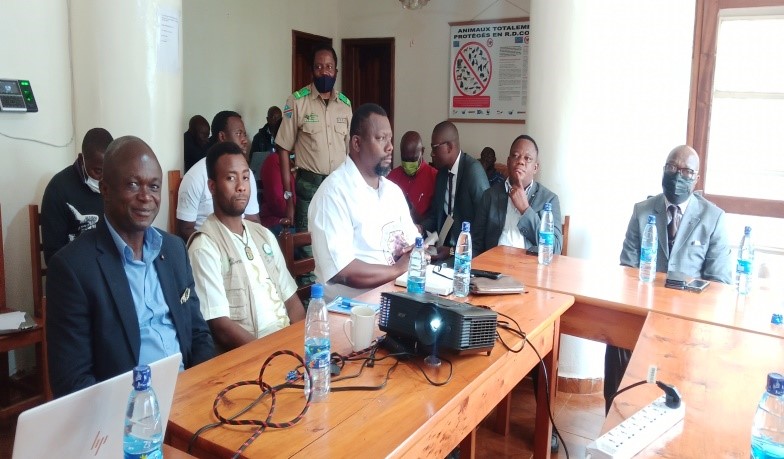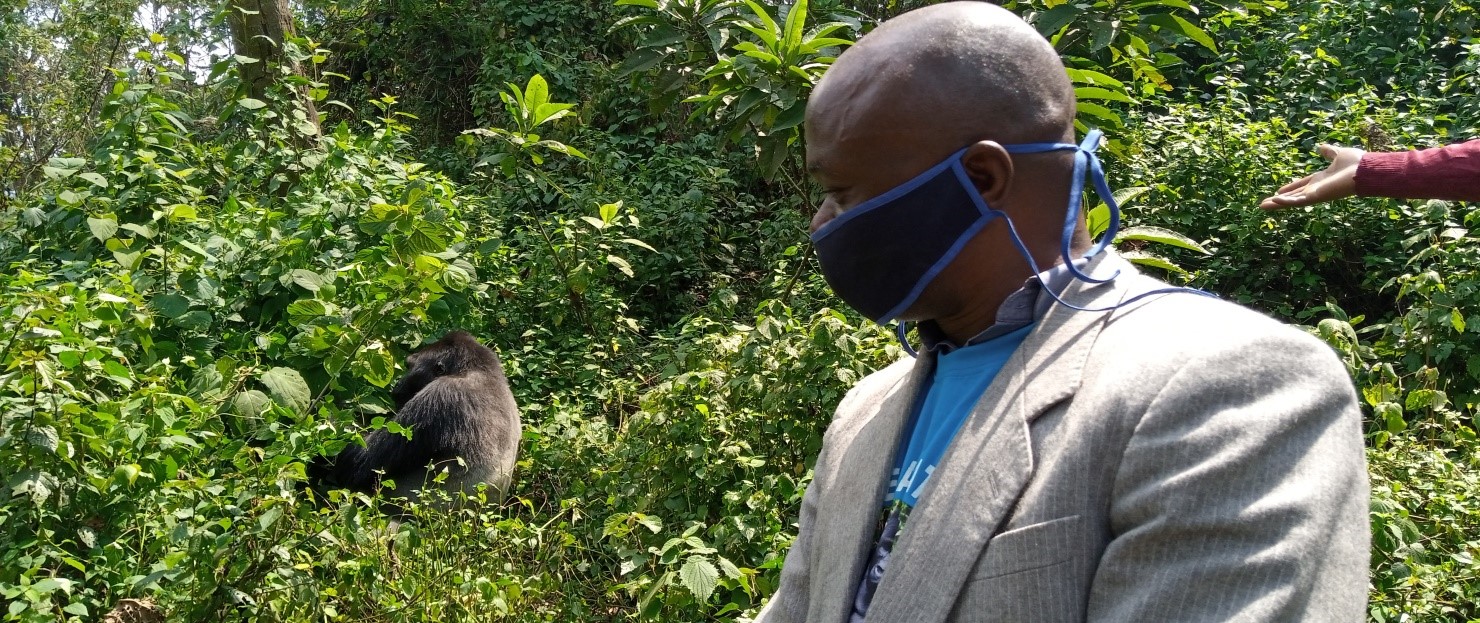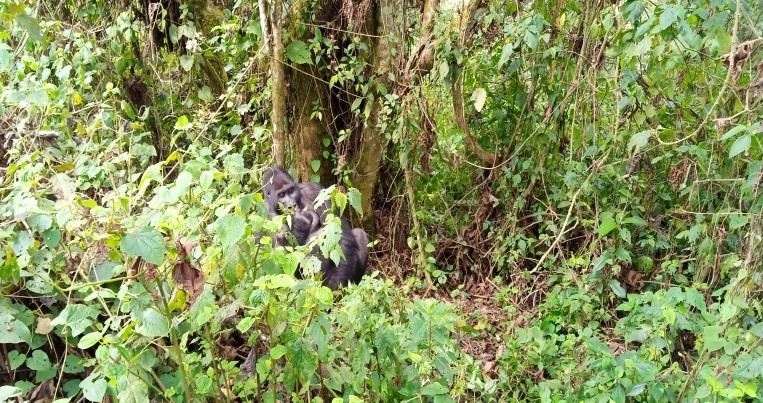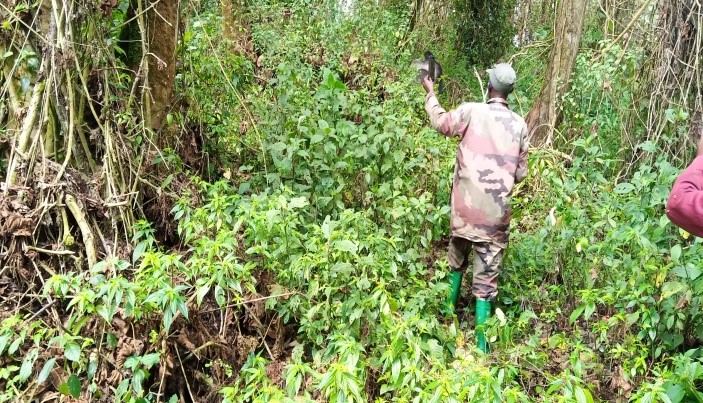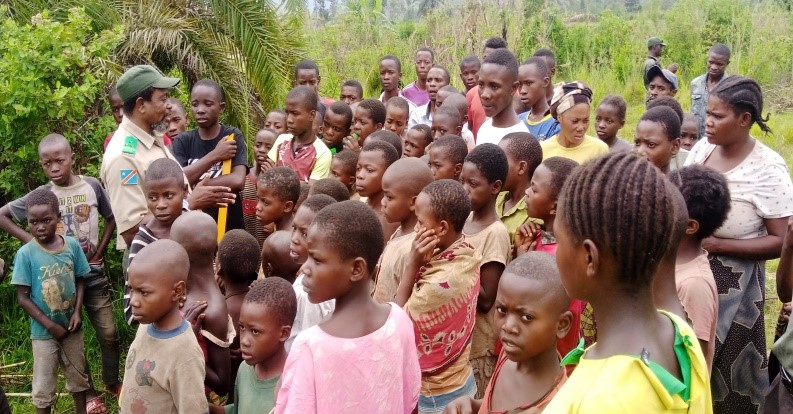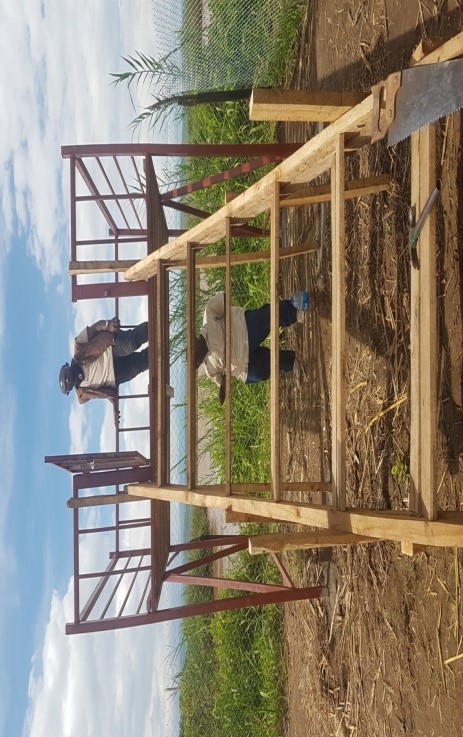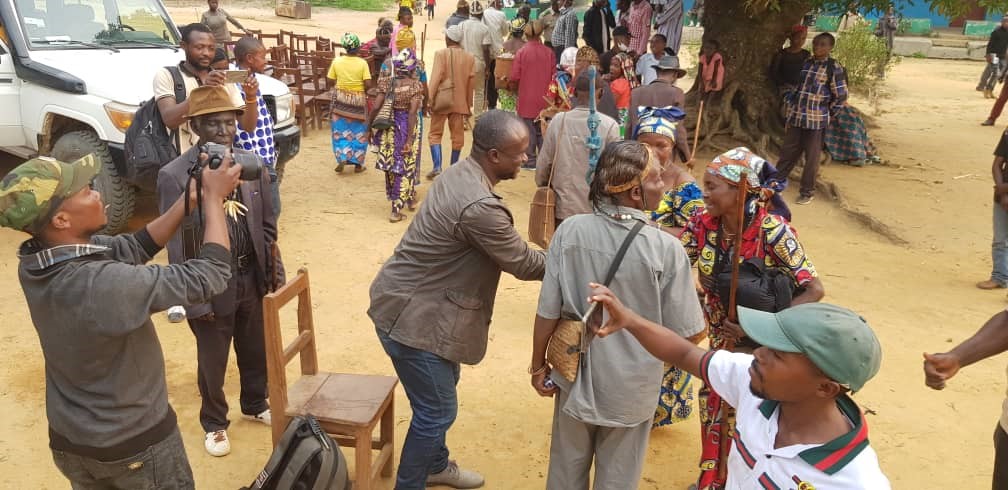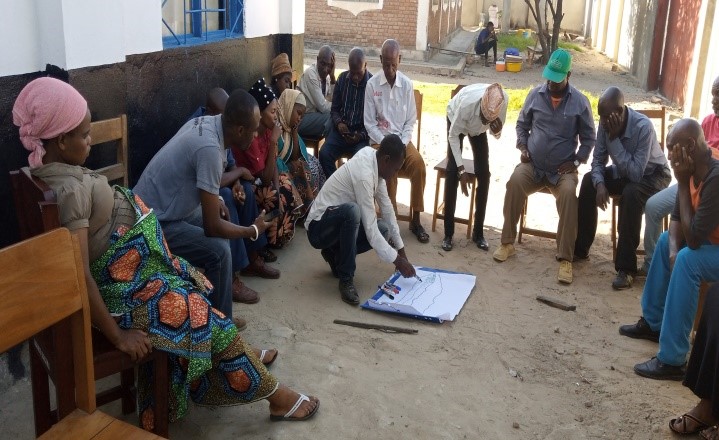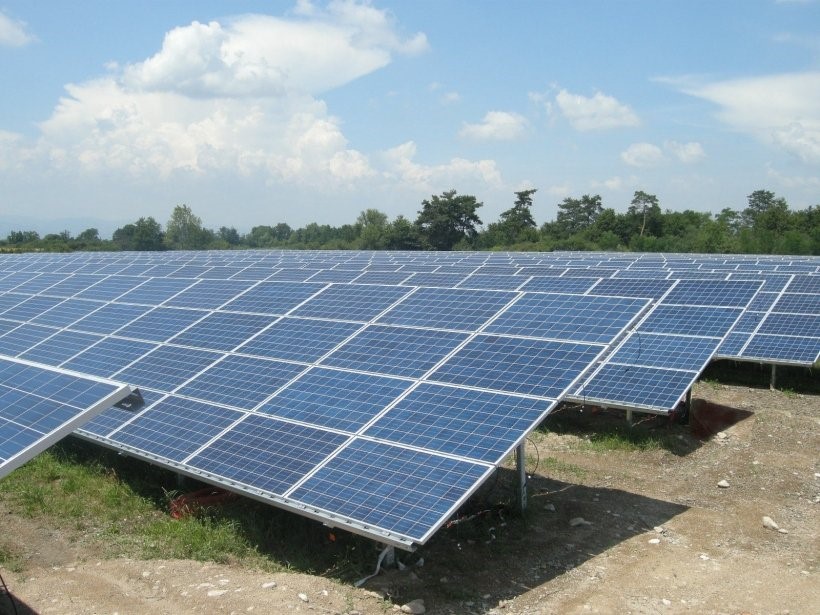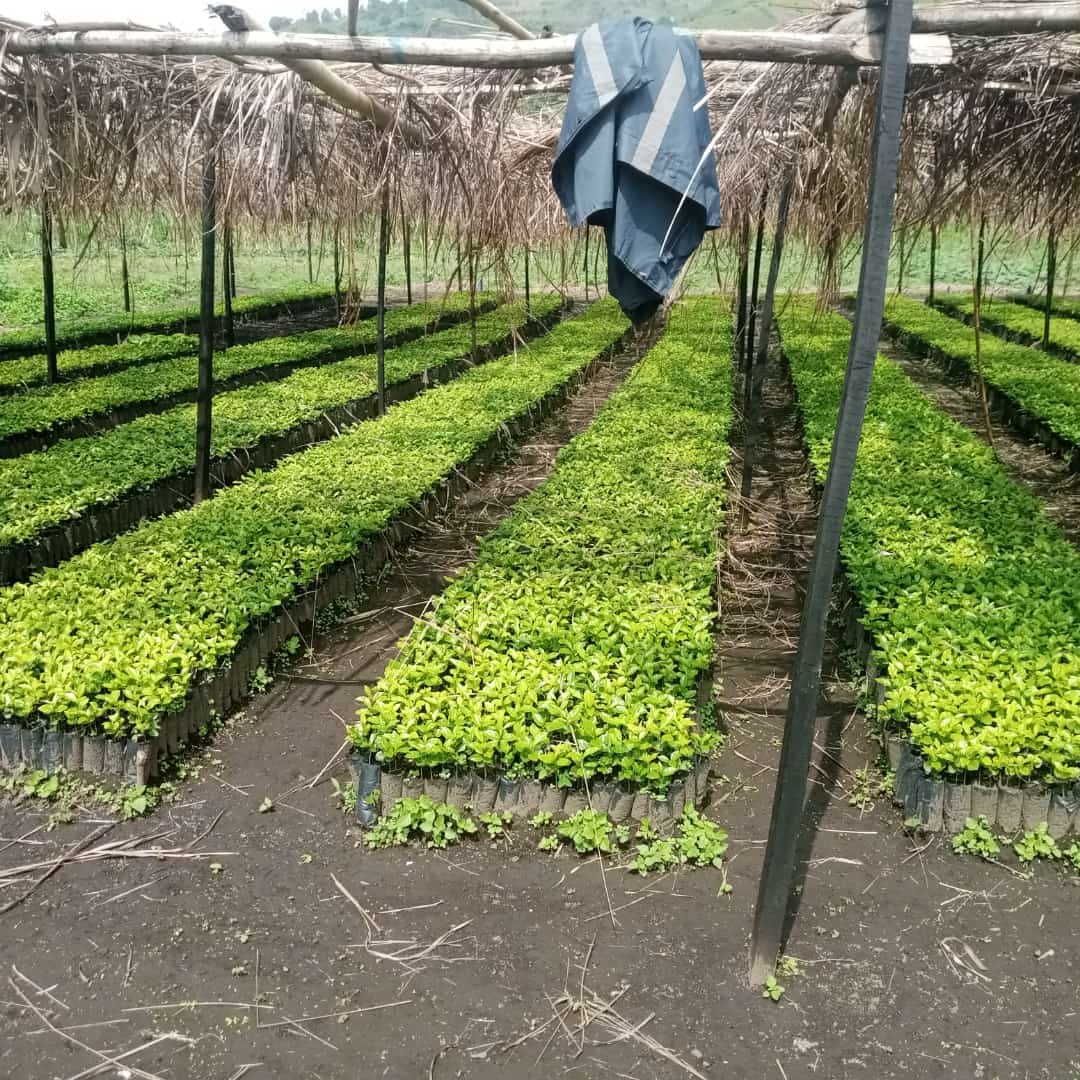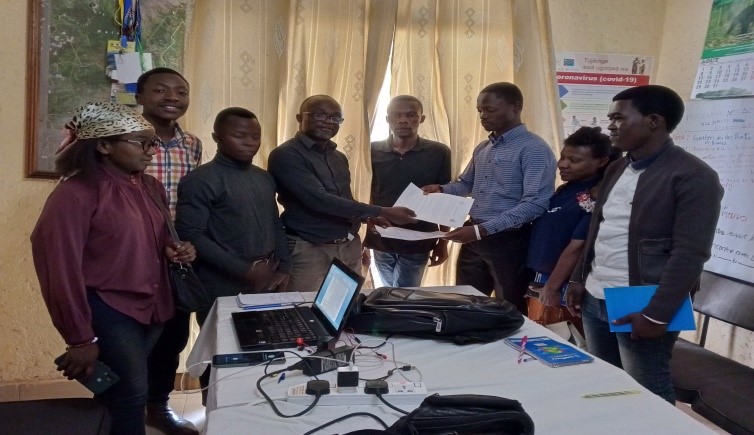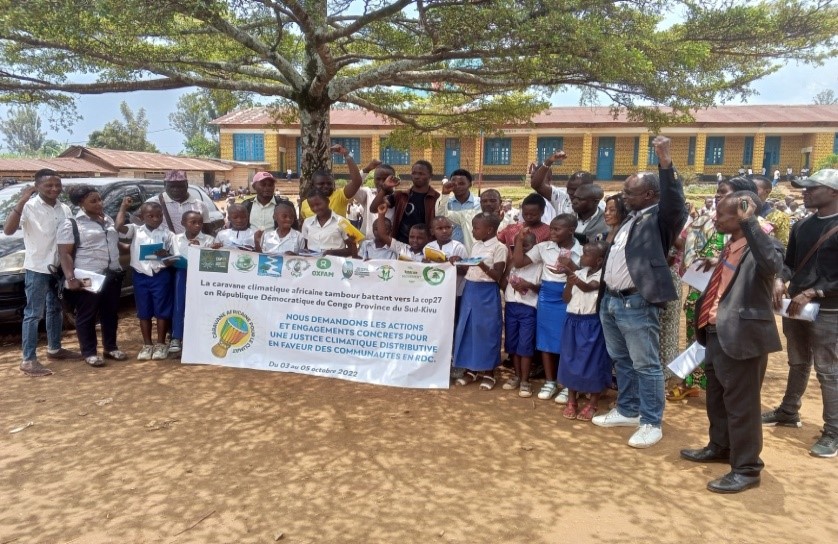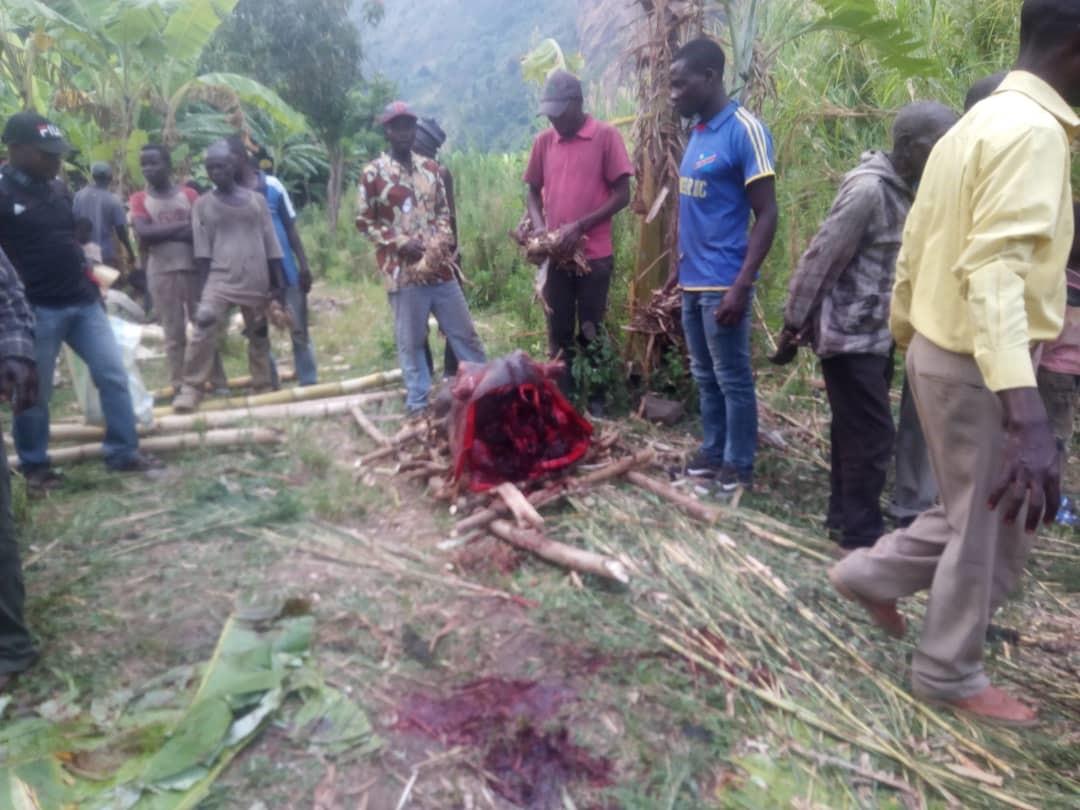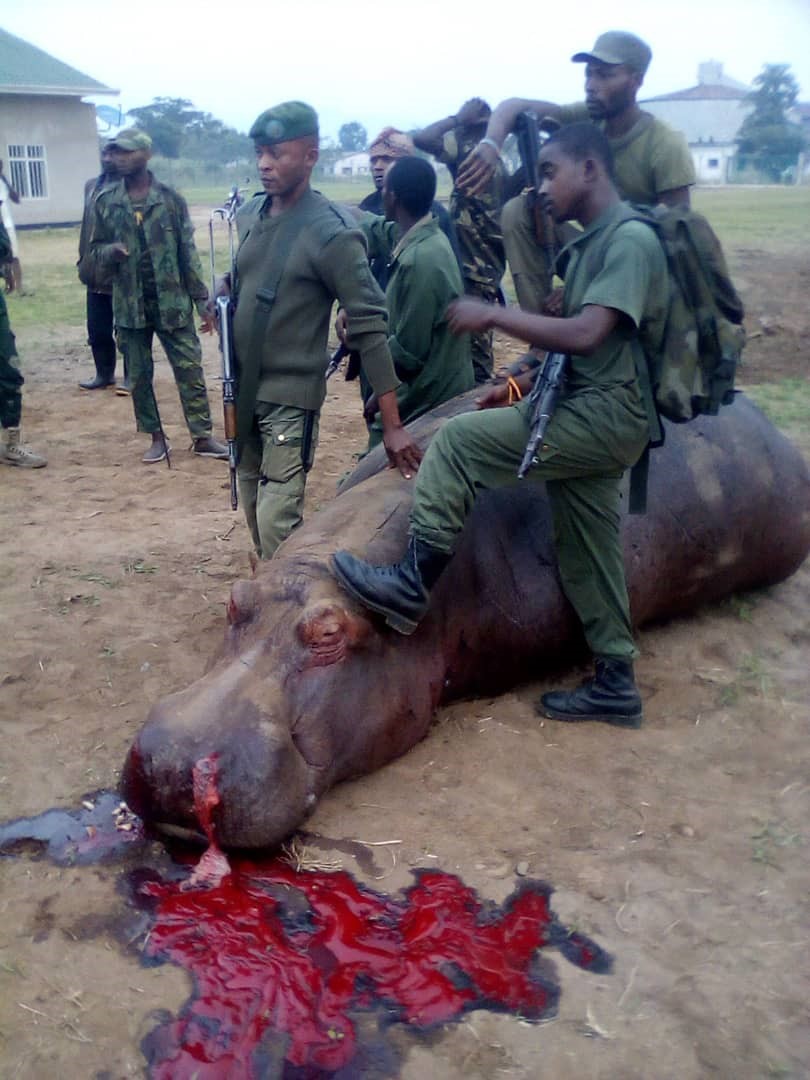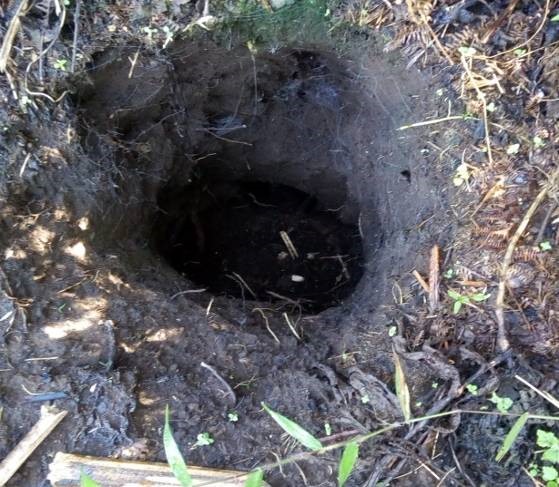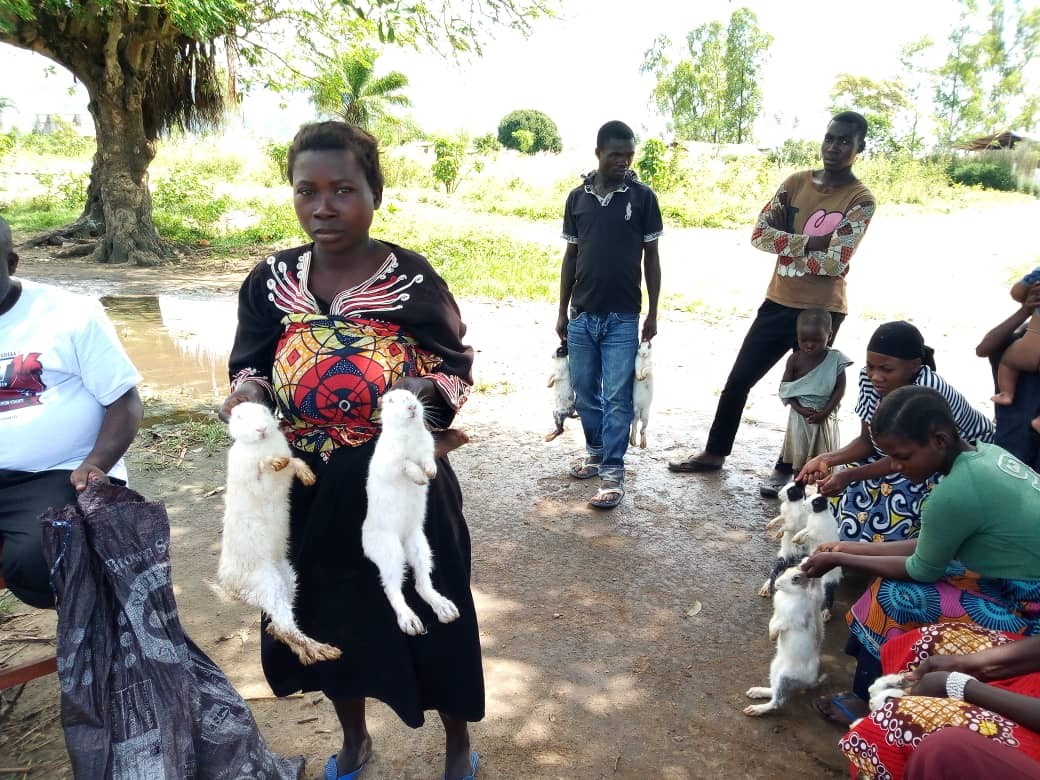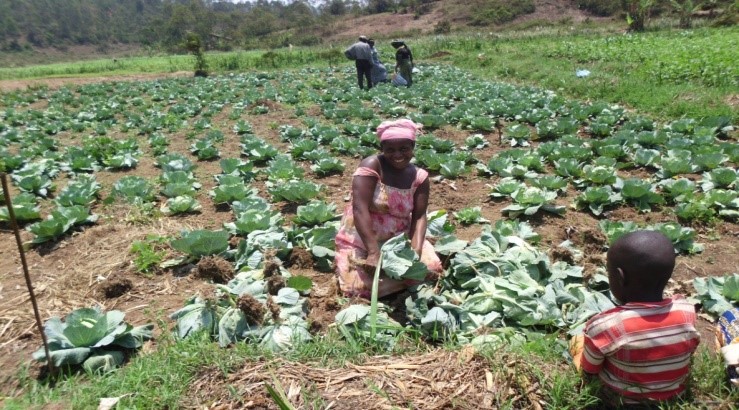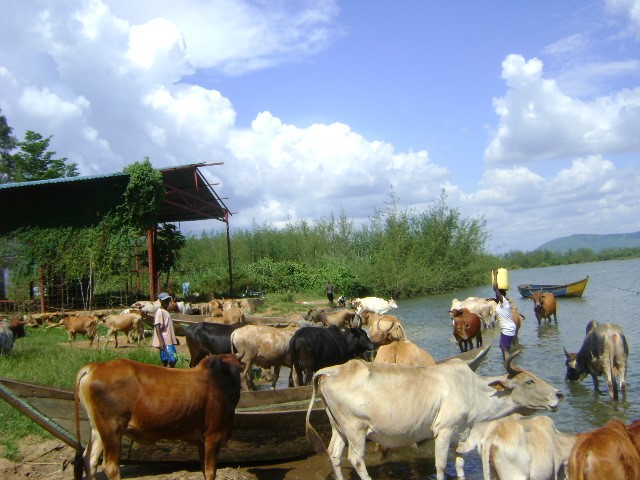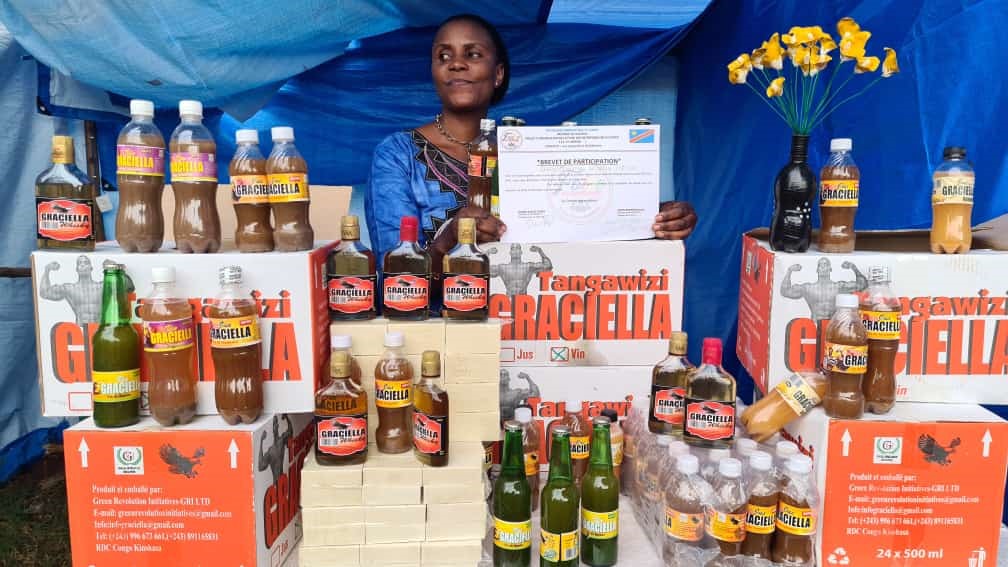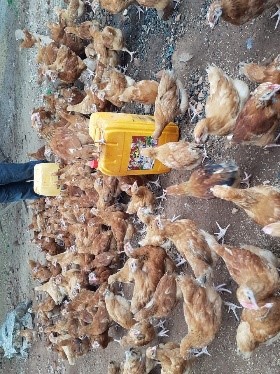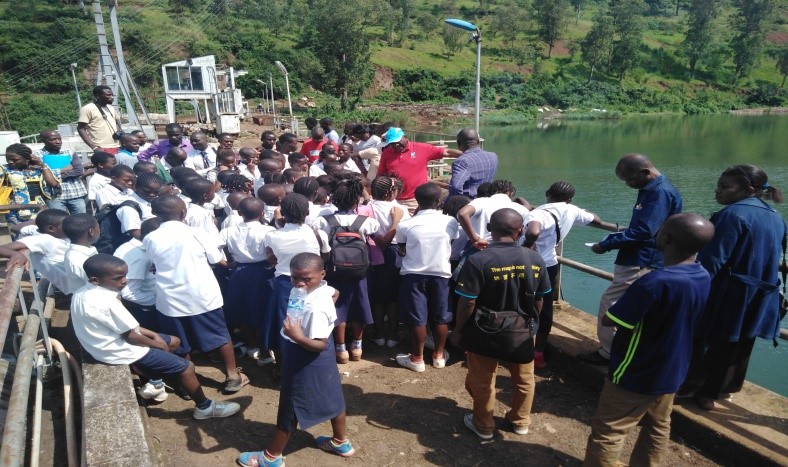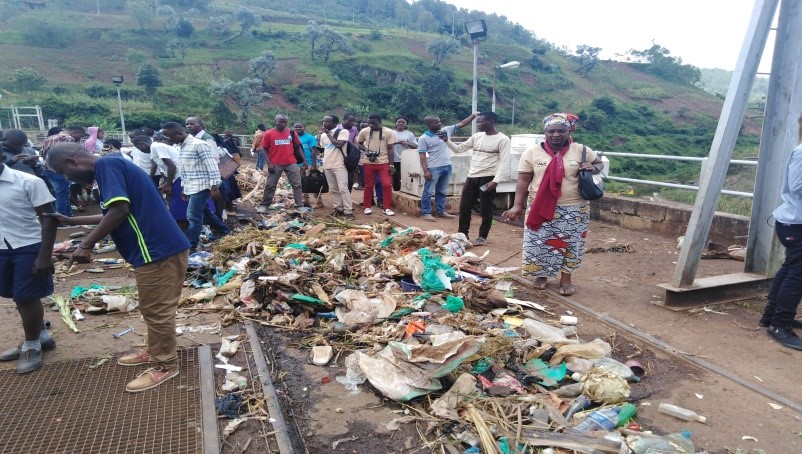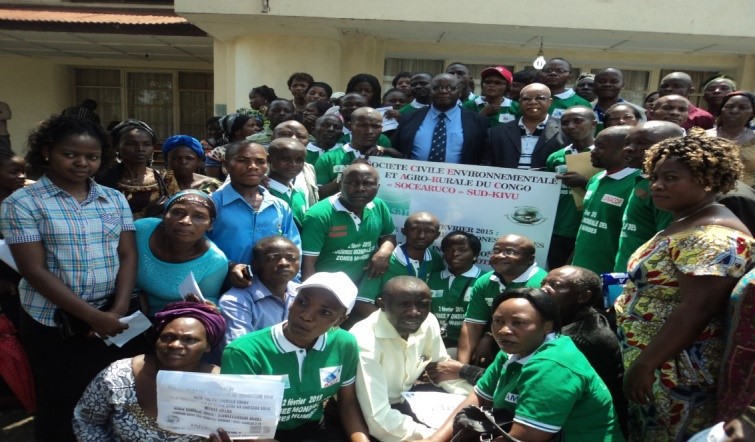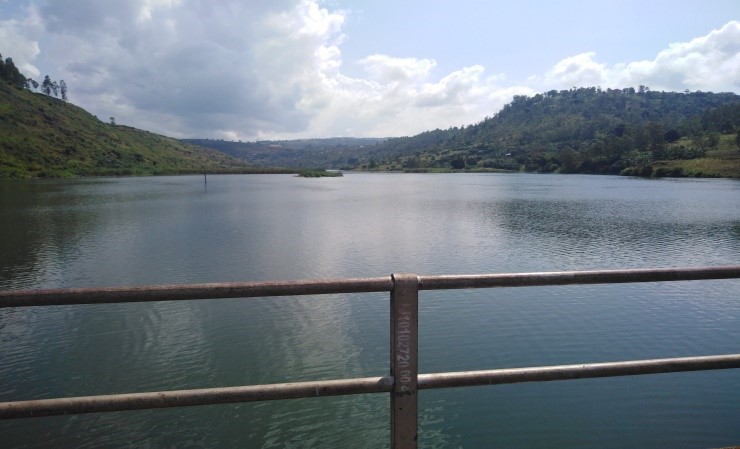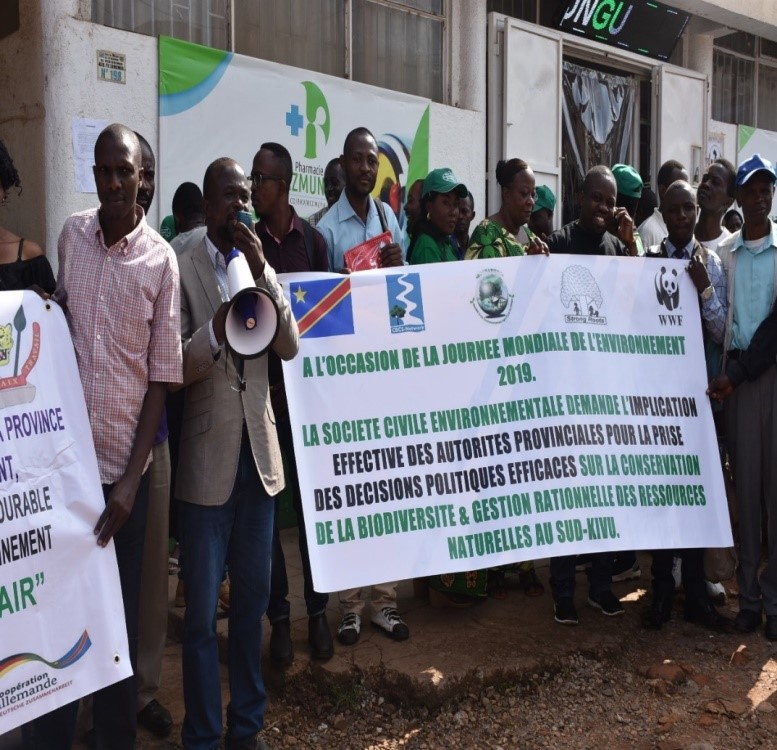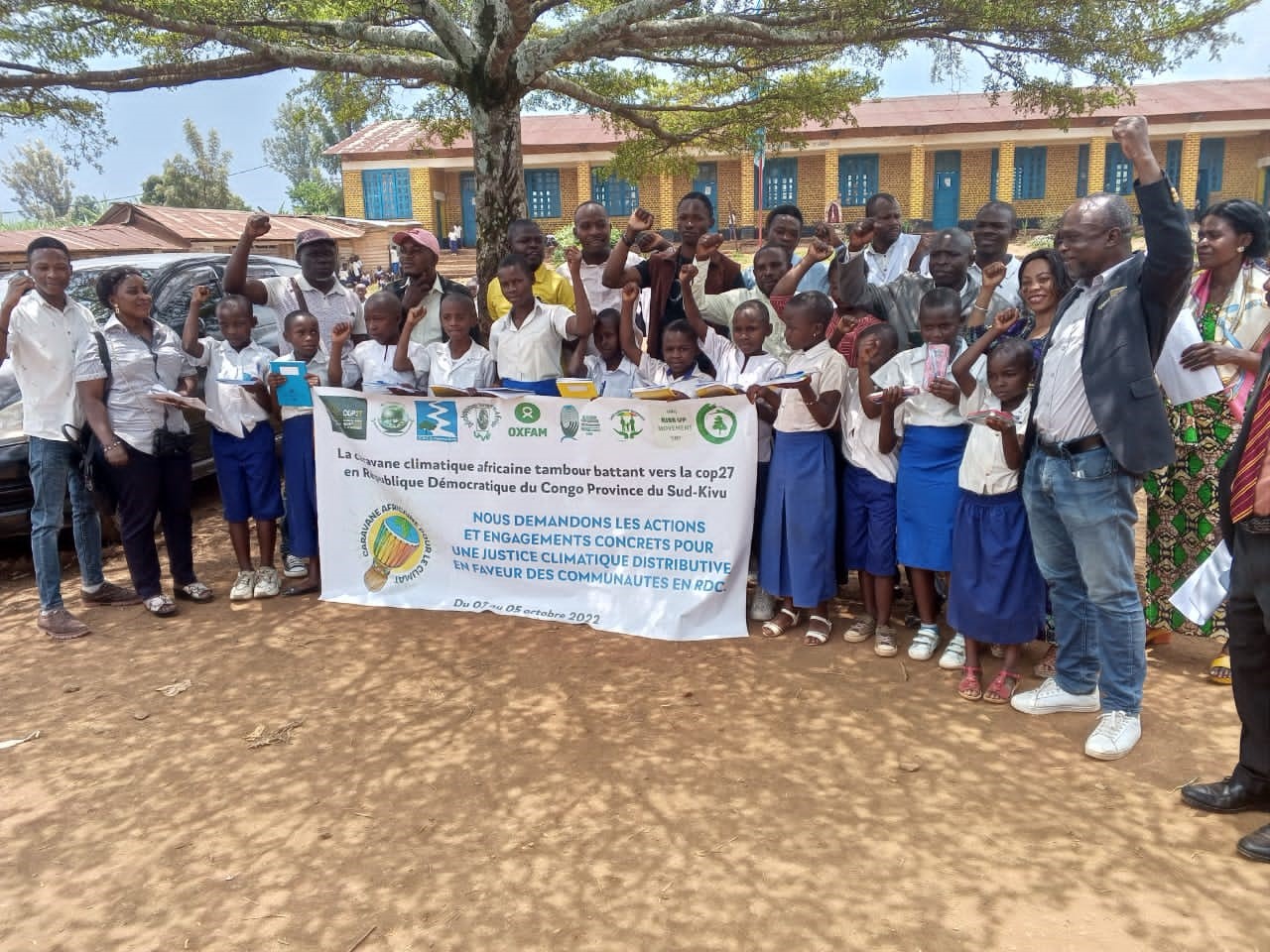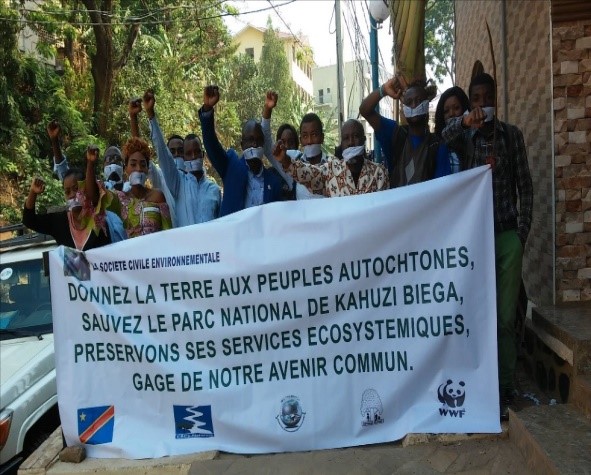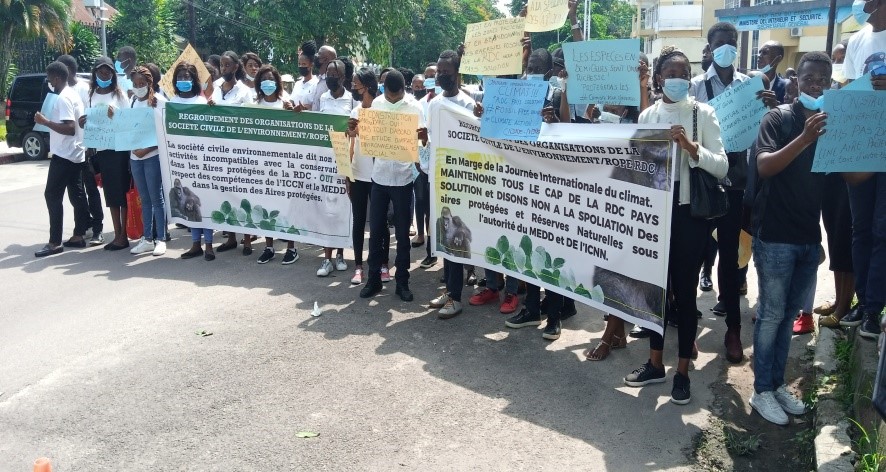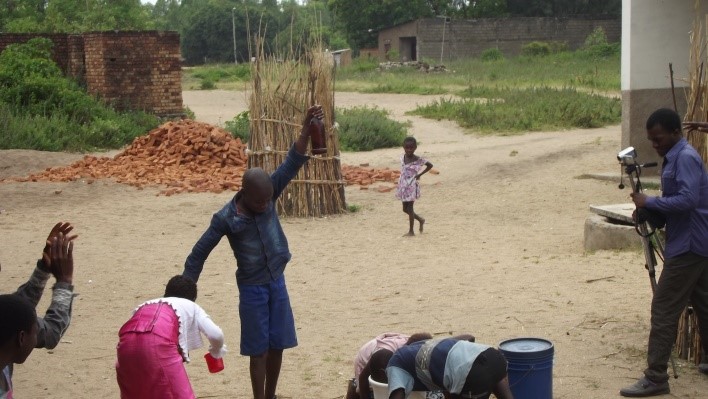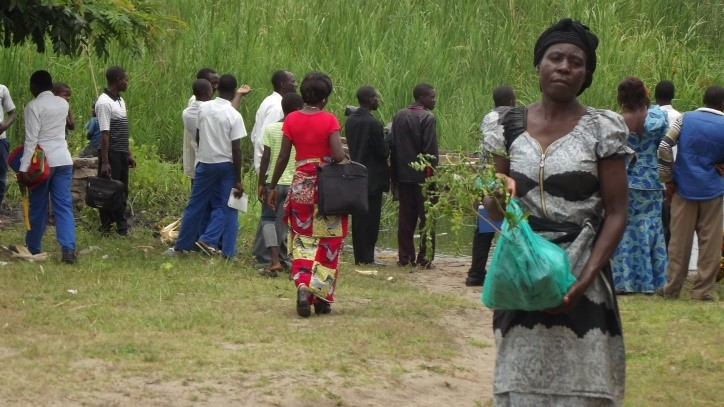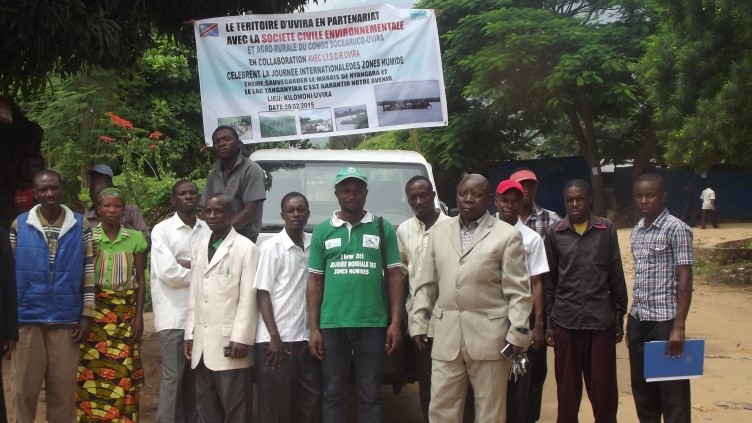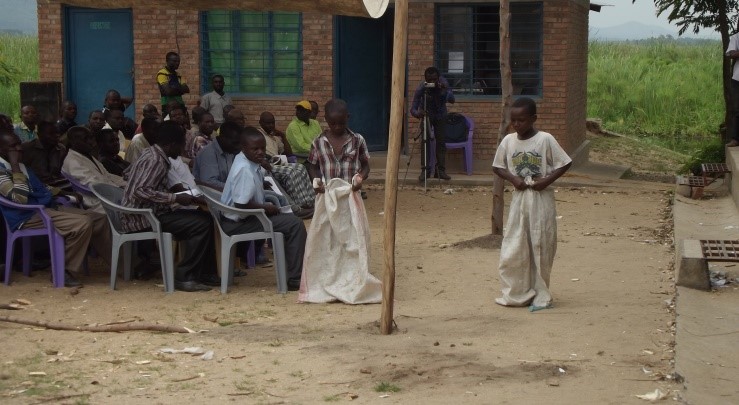Areas of Intervention
We are committed to doing what is necessary, not only what is considered politically feasible, to
preserve rainforests, protect the climate, and uphold human rights.
Natural Resource Governance
Activities
- Capacity building of local communities and indigenous Pygmy peoples on the mechanisms of good
governance of natural resources;
- Organization of community dialogues on the local governance of natural resources;
- Promotion of the various activities on collaboration between the management of protected areas,
local communities and indigenous Pygmy peoples;
- Community management of fauna and flora ;
- Capacity building of local communities and indigenous peoples on biodiversity conservation and
rational management of natural resources.
Biodiversity conservation and management of protected areas
Activities
- Support the restoration and effective management of conservation areas at the level of protected
areas;
- Ensure the protection of key biodiversity habitat and vulnerable species;
- Promote the connectivity of ecosystems, protected areas and community forests;
- Popularize local language texts and laws on biodiversity conservation and the post-2020
global biodiversity framework according to the 30 x 30 vision;
- Advocate for respect for human rights and especially for indigenous peoples;
- Raising awareness on the mechanisms of human-wildlife conflict management;
- Monitor cases of poaching and ecocide;
- Alert on cases of destruction of protected areas by mining companies and advocate at the
local, national and international level;
- Promote equitable sharing of conservation benefits with communities and indigenous peoples
living around protected areas;
- Fight against the illicit exploitation of natural resources in protected areas;
- Support income-generating activities around protected areas;
Forest finance and biodiversity finance (community forestry and ecotourism)
Activities
- Case study on community biodiversity conservation;
- Support local community forestry;
- Promote sacred sites in community forests;
- Development of community hippopotamus tourist sites in Ruzizi and Lake Tanganyika;
- Training on community tourism;
- Conduct of studies on ecosystem services and local financing mechanism for protected areas
and community forests;
Forestry and Biodiversity Finance (community forestry and ecotourism)
Activities
- Case study on community conservation approaches for Ruzizi River hippos;
- Support the forestry of local communities in the territory of FIZI in the Ubwari Peninsula;
- Establish the network of traditional leaders supporting the value of conservation and the
tradition of local communities and indigenous peoples;
- Development of community hippopotamus tourist sites in Ruzizi and Lake Tanganyika;
- Training on community tourism;
- Develop community-based tourist sites in the Ruzizi plain and Lake Tanganyika;
Fight against climate change
Activities
- reforestation of watersheds, coastlines, bare areas of Lake Kivu, Ruzizi River and Lake
Tanganyika;
- Promotion of agroforestry and other practices resilient to climate change;
- Advocate for the integration of agroecology into local, national and regional policies to
combat climate change in the context of the global food system;
- Capacity building of local communities on techniques and practices
adaptation and mitigation to the effects and hazards of climate change;
-
Raising awareness on ecologically green actions (ecological construction; installation of
ecological gardens, school clubs, distribution of improved stoves, bio digester, etc.);
- Promotion of solar energies;
- Launch of the campaign “my food is African” and the non-use of chemical fertilizers and
geo-engineering in Africa. ;
- Advocacy and sensitization campaign with political decision-makers by youth and women's
movements on climate justice.
Advocacy and wildlife and plant crimes (fight against the ecocide of rare species)
Activities
- Organization to fight against the illicit trafficking of natural resources including
specimens of protected species such as elephant ivory, red antlers, gray parrots, hippopotamus
canines and their skin, pangolin scales, etc.
- Monitoring of cases of wildlife and plant crime in protected areas and other areas with key
biodiversity;
- Popularization of national laws and international conventions on ecocide;
- Advocate for recognition of ecocide as an international crime against humanity;
Agroecology and soil health
Activities
- Revalorization of knowledge of traditional practices in agropastoral innovations;
- Training adapted to producers;
- Promotion of Agroecology, as an ideal climate solution;
- Training of women and young people in agroecology;
- Advocacy on Access to land for smallholder farmers and integration of agroecology into
national and regional policies;
- Strengthening peasant seed systems for healthy and sustainable food resilient to climate change;
- Strengthen cooperation between scientific research and indigenous knowledge on agroecology;
- Launch of the my food is africa campaign, in Cameroon and in the Congo Basin in the DRC.
Management of freshwater resources, wetlands and sanitation
Activities
- Promotion of integrated water resources management;
- Advocacy on the governance and sustainable management of wetlands, freshwater;
- Restoration of irrigated perimeters;
- Watershed management;
- 5. Lead community actions for sanitation and the fight against plastic pollution.
Environmental Education and Awareness
Activities
- Raising awareness on natural disaster risk prevention;
- Raising awareness on the management of watersheds and coastlines;
- Raising awareness on waste management;
- Raising awareness on false solutions to climate change (geo-engineering)
- Organization of radio and television programs on the local governance of natural resources;
- Multiplication of tools (posters and leaflets) on environmental protection in the local
language;
- Sensitization of women and young people on climate justice;
Climate Justice for Women and Youth
Activities
- Support protests by women and young people on the climate;
- Involve women and young people in climate actions;
- Capacity building for women and young people on adapted climate mechanisms;
- Promoting equity, reducing social inequalities and preventing the increased vulnerability of
women and young people to climate change by providing them with the means of subsistence;
- Popularization of climate texts and laws.

